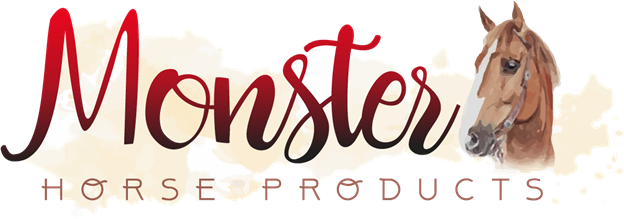Caring for a horse is a rewarding journey that requires dedication, knowledge, and the right tools. Whether you're a seasoned equestrian or new to horse ownership, understanding the essentials of horse care ensures your equine companion remains healthy and happy. Drawing from expert insights and trusted resources, here's a detailed guide to the top 10 ways to care for your horse.
1. Balanced Horse Diet
A proper diet is fundamental to your horse's health. Horses require a diet rich in fiber, primarily from quality hay or pasture grass. Depending on their activity level, some may need additional grains or supplements. Always ensure access to clean, fresh water and consider providing a mineral salt lick to meet their nutritional needs. citeturn0search0
2. Horse Hoof Care
Regular hoof maintenance is crucial. Schedule routine visits with a farrier every 6-8 weeks for trimming or shoeing. Daily cleaning of hooves helps prevent issues like thrush and allows for early detection of injuries or infections.
3. Equine Dental Care
Dental health affects a horse's ability to eat and perform. Regular dental check-ups, typically every 6-12 months, can prevent problems like sharp enamel points or uneven wear. Addressing dental issues promptly ensures your horse remains comfortable and maintains proper nutrition.
4. Daily Horse Grooming
Grooming isn't just about appearance; it's an opportunity to check for injuries, skin conditions, or parasites. Daily brushing removes dirt and promotes circulation, while cleaning sensitive areas like the face and legs keeps your horse comfortable.
5. Horse Exercise
Regular exercise maintains physical health and mental well-being. Whether through riding, lunging, or turnout, consistent activity helps prevent obesity, strengthens muscles, and reduces behavioral issues.

6. Horse Health Monitoring
Stay vigilant for signs of illness or discomfort. Regularly check vital signs, monitor eating and drinking habits, and observe behavior changes. Establish a relationship with a veterinarian for routine check-ups and vaccinations.
7. Environmental Horse Care
A clean, safe environment is essential. Regularly clean stalls, ensure proper ventilation, and manage waste to reduce the risk of disease. Safe fencing and hazard-free pastures prevent injuries during turnout.
8. Horse Shelters
Provide adequate shelter to protect your horse from extreme weather conditions. A well-constructed barn or run-in shed offers refuge from sun, wind, rain, and snow, contributing to overall health and comfort.
9. Horse Socialization
Horses are social animals that thrive on interaction. Allowing them to socialize with other horses reduces stress and promotes natural behaviors. If other horses aren't available, regular human interaction becomes even more important.
10. Proper Training and Horse Handling
Consistent, positive training builds trust and ensures safety for both horse and handler. Understanding equine behavior and using clear communication techniques fosters a strong bond and responsive partnership.
Incorporating these practices into your routine will enhance your horse's quality of life and strengthen your relationship. Remember, attentive care and proactive management are key to a happy, healthy horse.
